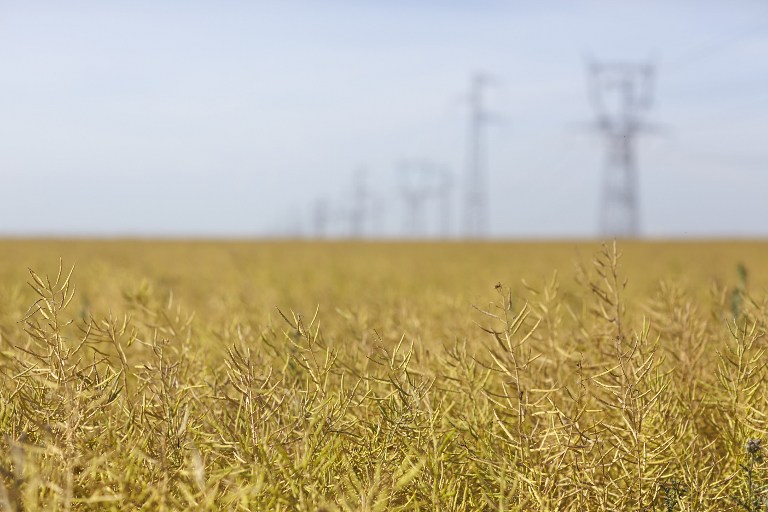
As Brazilian power trading firms are diversifying investments in technology platforms and solutions to facilitate the negotiation and sale of electricity, developers of enterprise management software, or ERPs, specialized in the free power market, could benefit too.
This move also comes as Brazilian regulators study gradually opening the free market to residential consumers, which could further bolster trading platforms. To date, the market is only accessible to larger consumers.
In a recent initiative, major energy trading group Comerc partnered with logistics startup PAX to enhance its trading desk.
The initiative was carried out via Comerc’s technology division DOC88, which is responsible for connecting retailers to deliverers in São Paulo, Curitiba, Belo Horizonte, Uberlandia, Rio de Janeiro and Ribeirão Preto, local paper O Estado de S. Paulo reported.
According to the report, the number of deliveries has grown by 1000% since the partnership was established in April, reaching over 22,000 monthly orders in December and totaling 100,000 deliveries through the PAX platform.
The companies project investments of up to 10mn reais in the next two years for the evolution of the platform. The main bet is to enable same-day delivery, without load limitation.
VOTORANTIM AND ESFERA
In August, Brazil’s second-largest energy trading firm, Votorantim Energia, started using a new platform for its power auctions to negotiate sales contracts to increase competitiveness and reduce costs, BNamericas reported previously.
The platform was developed in partnership with startup Navarra Tech and platform enabled parallel execution of multiple auctions to negotiate power deals.
Hud, for its part, is the homegrown communication and management platform created by Esfera Energia’s own team of experts in the Brazilian electric sector.
With a 100% online interface, HUD also offers real-time energy efficiency and savings reports, as well as market analysis and weather information, Esfera said.
CCEE
Even Brazil’s power trading chamber CCEE upgraded its own system.
Throughout 2019, CCEE implemented three stages of its new Integration Platform. In total, around 110 companies access the platform daily. By mid-December, the platform had been used 21mn times, according to CCEE.
The chamber also aims to enable agents to connect their own systems to it to promote information exchange and automate their operations, CCEE said.
“With the growth of the free energy market, the integration platform is an alternative to optimize the operational work of large and small companies. By 2020, our goal is to expand the services offered by the platform,” Danilo Bonamini, CCEE’s application manager, said in a statement.
Blockchain is another technology with potential to change the energy and commodity trading segment by streamlining internal processes shared with external agents.
Corporate consultancy EY sees potential for savings in labor costs, reduced manual and semi-automated process related effort, reduced capital costs through faster settlements and reduced technology costs through reducing dependency on multiple systems.
Some companies have estimated potential savings in the range of 30-60%, EY said in a report.


